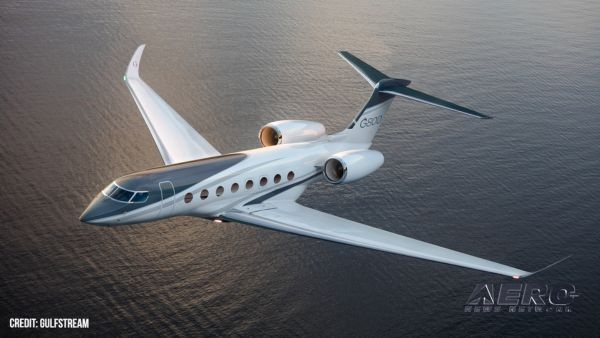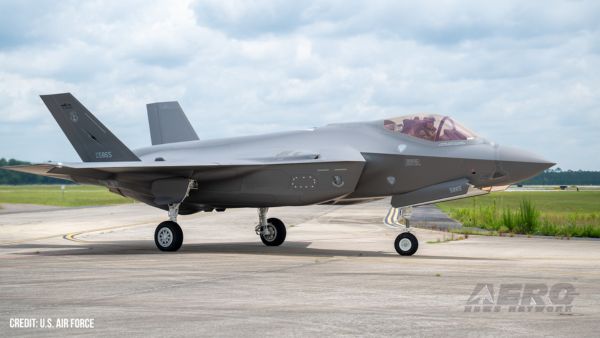Cartwright: "The Importance Of The Space Mission... Cannot Be
Overstated
From American Forces Press Service...
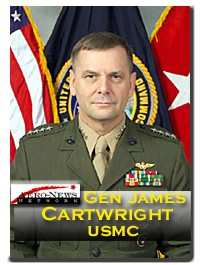 Almost 70 years ago, actor Buster
Crabbe first portrayed space swashbuckler Flash Gordon, battling
Ming the Merciless to protect Earth. Few theatergoers then would
have imagined that space would become an important component of
national defense.
Almost 70 years ago, actor Buster
Crabbe first portrayed space swashbuckler Flash Gordon, battling
Ming the Merciless to protect Earth. Few theatergoers then would
have imagined that space would become an important component of
national defense.
Flash's adventures on the planet Mongo were fantasy, but mankind
conquered space on July 21, 1969, when American astronaut Neil
Armstrong became the first man to walk on the moon.
Today "the importance of the space mission to our national
security cannot be overstated," Marine Gen. James E. Cartwright
said in his April 4 testimony before the Strategic Forces
subcommittee of the Senate Armed Services Committee.
Cartwright heads the US Strategic Command at Offutt Air Force
Base, NE, which oversees US military global strategic planning,
including nuclear deterrence and space operations. In June 2002, US
Space Command and US STRATCOM were merged.
The US economy and Americans' quality of life and national
defense, Cartwright observed, "are all linked to our freedom of
action in space." Today's orbiting satellites, he pointed out, help
conduct routine financial activities such as automatic teller
machines or international currency and stock market
transactions.
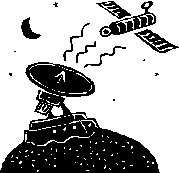 The telecommunications and
transportation industries and federal, state and municipal
governments are also highly dependent on space operations, the
general noted. Airliners, ships, trains, trucks, police, fire
departments, and ambulances, he said, rely on space-based global
positioning systems to enhance efforts to safely deliver people,
goods and services.
The telecommunications and
transportation industries and federal, state and municipal
governments are also highly dependent on space operations, the
general noted. Airliners, ships, trains, trucks, police, fire
departments, and ambulances, he said, rely on space-based global
positioning systems to enhance efforts to safely deliver people,
goods and services.
However, potential US adversaries, Cartwright noted, are aware
of America's dependence on space for commerce and security. That's
why, he said, it's important to "protect our space assets and our
ability to operate freely in -- and from -- space."
And, while America currently leads the world in space
technology, Cartwright noted that competitors "are gaining on
us."
Cartwright pointed to the need to revamp America's space
surveillance systems that are responsible for scanning the
outer-atmospheric region for potential terrestrial-based threats,
like missiles, and non-terrestrial-based threats, like asteroids.
Today's space-launched payloads, he pointed out, are more numerous
and smaller in size than those launched in years past.
Also, current surveillance systems were created in the latter
part of the 20th century and weren't designed "to detect or track
the current magnitude of new, smaller objects, including
micro-satellites," Cartwright said. He added that this situation
enhances "the chances of collisions" and threatens US manned space
flight programs.
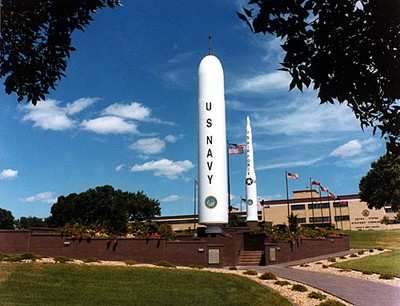
DoD, other US government agencies, and American industry "must
do a better job of leveraging the capabilities of our space
assets," Cartwright said.
"We must also maintain the ability to protect our own space
assets and capabilities, both actively and passively, while denying
our adversaries the military use of space -- at the time and place
of our choosing," he concluded.
Flash Gordon would have understood.
 ANN's Daily Aero-Linx (08.27.25)
ANN's Daily Aero-Linx (08.27.25) ANN's Daily Aero-Term (08.27.25): Class C Service
ANN's Daily Aero-Term (08.27.25): Class C Service ANN FAQ: Submit a News Story!
ANN FAQ: Submit a News Story! Airborne-NextGen 08.26.25: Iran UAV Knockoffs, X-37B Spaceplane, Army Training
Airborne-NextGen 08.26.25: Iran UAV Knockoffs, X-37B Spaceplane, Army Training Classic Klyde Morris (08.25.25)
Classic Klyde Morris (08.25.25)



